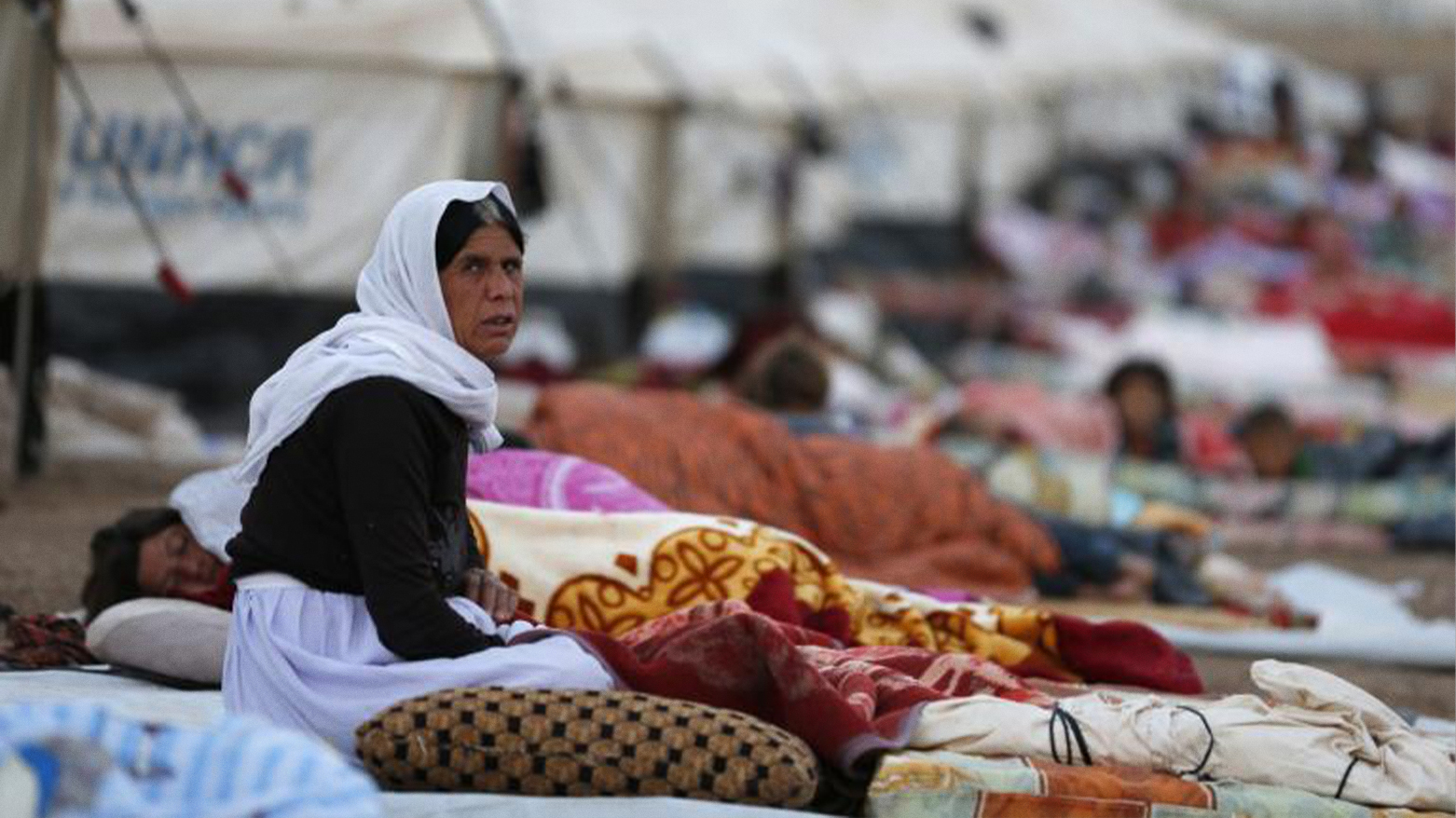Experts discuss gendered violence, repatriation challenges on the 10th anniversary of Yezidi genocide
The experts underscored the need for inclusive, locally driven accountability and justice for ISIS crimes, the importance of addressing gendered violence, and the challenges posed by the international community's reluctance to repatriate detainees.

ERBIL (Kurdistan 24) – To mark the tenth anniversary of the genocide against the Yezidi people, three experts discussed the Islamic State (ISIS)’s atrocities against minorities, its systematic use of gendered violence, and the related challenges of repatriation.
The event, held on August 1 by The Washington Institute, featured Gina Vale, Devorah Margolin, and Pari Ibrahim as part of the Institute’s Counterterrorism Lecture Series.
Gina Vale
Gina Vale, a criminology lecturer at the University of Southampton and an associate fellow with the International Centre for Counter-Terrorism, emphasized the importance of reflecting on the atrocities committed by the Islamic State (ISIS).
She explained that ISIS's strict, binary gender ideology, which confines women to the home and militarizes men, fueled widespread gender-based violence. This ideology also justified the genocide against the Yezidis and other minorities.
During ISIS's initial siege of Sinjar in August 2014, approximately 3,100 Yezidis were killed, and 6,800 were kidnapped. Most of the abductees were women and children, who were enslaved and subjected to dehumanizing treatment.
Accountability for these crimes, Vale argued, must include both public and private sphere offenses committed by ISIS members.
Devorah Margolin
Devorah Margolin, the Institute’s Blumenstein-Rosenbloom Senior Fellow, highlighted the ongoing gendered violence perpetrated by ISIS, even without a physical caliphate. She discussed the conditions in detention camps like al-Hol in North and East Syria, where over 54,000 IS-affiliated individuals are held indefinitely.
Margolin noted that boys who come of age in these camps are at high risk of indoctrination and are often transferred to adult detention facilities, perpetuating a cycle of violence.
Margolin criticized the international community's reluctance to repatriate detainees, which hinders accountability and justice for ISIS victims.
She pointed out that while some repatriation has occurred, many countries remain unwilling to take back their citizens, particularly men and teenage boys, leaving women to bear the brunt of prosecutions.
Pari Ibrahim
Pari Ibrahim, founder and executive director of the Free Yezidi Foundation, expressed frustration with the international community's response to the Yezidi genocide.
She emphasized the need for an international or hybrid tribunal to hold ISIS perpetrators accountable. Ibrahim criticized the focus on terrorism-related charges rather than core international crimes such as mass rape and murder.
She also highlighted the premature closure of UNITAD, an international organization established to collect evidence of crimes against the Yezidis, as a setback in achieving justice.
Ibrahim called for increased Yezidi representation in the Iraqi parliament to ensure better security, resources, and funds for the community.
The experts underscored the need for inclusive, locally driven accountability and justice for ISIS crimes, the importance of addressing gendered violence, and the challenges posed by the international community's reluctance to repatriate detainees.
They called for a more robust and effective system to prosecute ISIS members for their genocidal crimes and provide the Yezidi people with the justice they deserve.